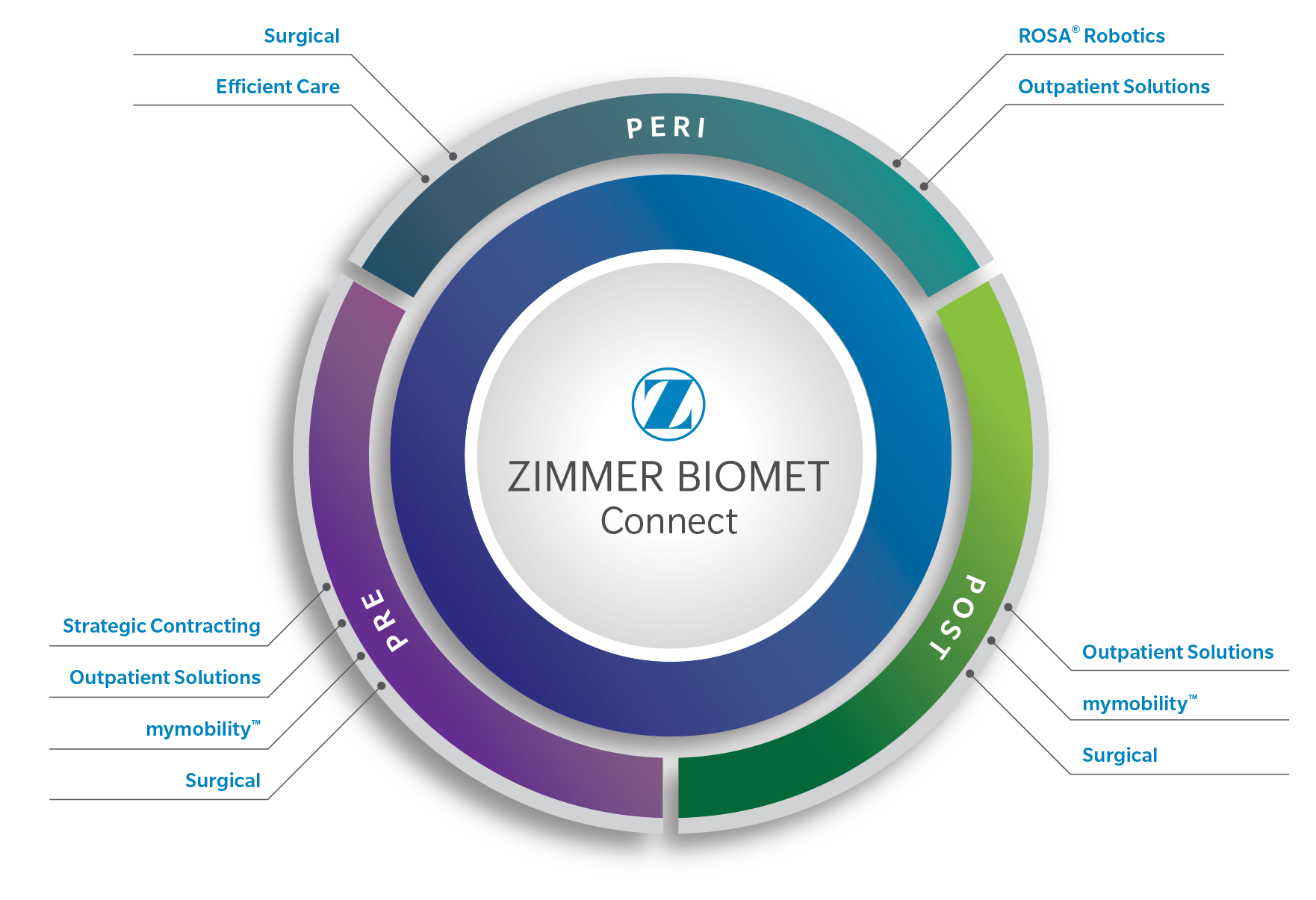Rehab begins quickly. When you are back in your hospital room, you'll begin a gentle rehabilitation program to help relax the muscles around your new elbow. Your arm will be in a splint and it may be wrapped in an ice pack to help control pain and swelling. You’ll continue to receive pain medication as needed.
What's Going To Happen After My Elbow Surgery?
Directly after elbow surgery
The rest of your hospital stay
Before you are discharged from the hospital, your physical therapist will show you how to perform the rehabilitation exercises that are important for your recovery.
You'll be discharged as soon as your surgeon determines that you have recovered sufficiently. You can expect to stay in the hospital for a couple of days after your surgery. Your bandages and sutures will usually be removed before you leave.
At home, you'll need to continue your exercises. Your physical therapist will instruct you about proper home care and may continue to work with you. Your elbow area may be warm and tender for several weeks. It is important to remember that while you are recovering, you should not lift anything with the with the operative arm. Please consult with your orthopedic surgeon before you begin to lift anything.
It is very important that you follow your surgeon's instructions. Any questions should always be discussed with your surgeon before your hospital discharge. In general:
- Do not use your surgery arm when getting out of bed or up from a chair. Use the opposite arm.
- You may be advised not to pull anything to you, such as pulling up pants and opening doors, for six weeks after surgery.
- Your doctor will likely give you a list of exercises to do once you're home. Be certain to follow your doctor's instructions, but typically you may be asked to do these exercises four or five times a day for a month or so.
- Be certain not to exceed the range-of-motion restrictions given by your physician.
- Be careful to avoid falls.
- You may experience less pain after surgery, which may make you believe you can do more. Be certain to follow your doctor's instructions so that you don't overdo it.
- The amount of weight you can lift using your surgery arm will be limited. Your doctor may recommend that you don't lift anything heavier than a cup of coffee for the first four to six weeks. Please consult with your orthopedic surgeon before you begin to lift anything.
- Sling use will vary depending upon the situation, but your doctor may request that you wear the sling every night for at least the first month.
- You will likely need to avoid contact sports after surgery. Your doctor will discuss these restrictions with you.
- Remember that you will probably tire more easily than usual. You may want to plan a rest period of 30 to 60 minutes mid-morning and mid-afternoon.
- Avoid many household chores, such as raking, sweeping, mopping, and running the vacuum cleaner using your surgery arm. Use long-handled feather dusters for dusting high and low items. Your doctor will tell you when it is okay to do these activities.
- Constipation is a common problem for patients following surgery. This is usually due to your limited activity and any pain medications you may be taking. Discuss your diet with your doctor. It may include fresh fruits and vegetables as well as eight full glasses of liquid each day, unless your doctor tells you otherwise.
- Your doctor will probably give you a prescription for pain pills. Please follow your doctor’s instructions concerning these medications.
- Some swelling around the incision is normal. You will find it more comfortable to wear loose clothing to avoid pressure on the incision. Ask your doctor or other qualified health professional about appropriate wound care.
- You may want to place a pillow behind your elbow when seated or lying down to keep the surgery area forward to help decrease pain.
- Your doctor may recommend that you apply ice to your elbow to help decrease pain. A two-pound bag of frozen peas or other small vegetables works surprisingly well as an ice pack.




